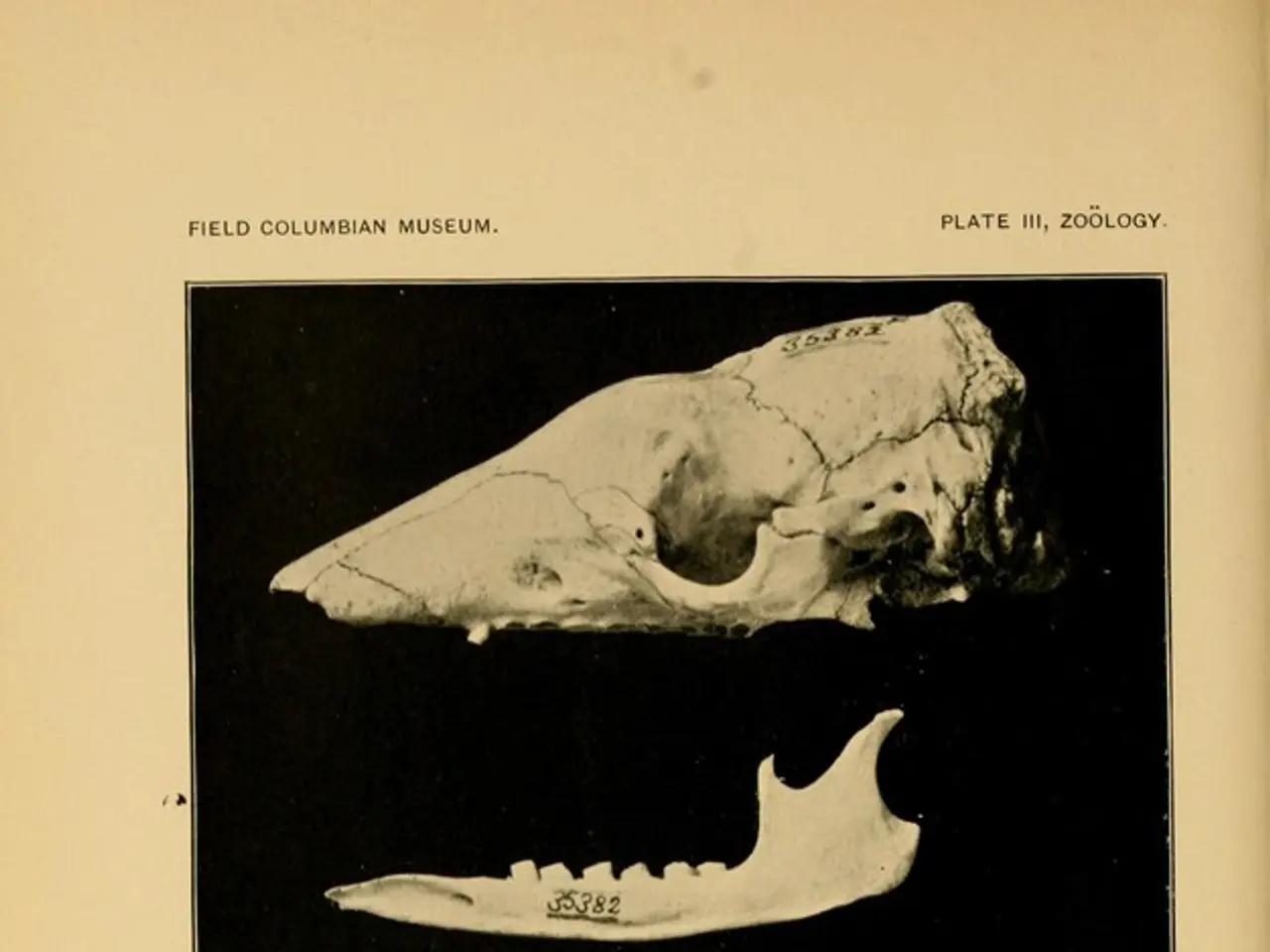RA Patients Face High Rates of Depression and Anxiety, Linked to Inflammation
Rheumatoid arthritis (RA) patients often face mental health challenges alongside physical symptoms. Studies show high rates of depression and anxiety, with a potential biological link to inflammation.
Research published in the British Journal of General Practice reveals that around 20% of RA patients experience anxiety, with depression affecting nearly 40%. A 2017 study found that about 30% of RA patients develop depression within five years of diagnosis. Mental health conditions may be underdiagnosed, as they might not always be screened or discussed with healthcare providers.
The connection between mental health and RA is complex. Inflammation, a key factor in RA, is also linked to depression. Levels of C-reactive protein (CRP), an inflammation marker, are often higher in people with depression, especially those with treatment-resistant cases. This link creates a vicious cycle: untreated mental health issues can worsen RA symptoms, and RA pain can exacerbate depression.
People with RA are at a higher risk of developing depression and anxiety. Addressing mental health alongside physical symptoms is crucial for improving overall quality of life. Early detection and treatment of mental health conditions can help break the cycle of worsening symptoms and improve RA management.
Read also:
- Inadequate supply of accessible housing overlooks London's disabled community
- Strange discovery in EU: Rabbits found with unusual appendages resembling tentacles on their heads
- Duration of a Travelling Blood Clot: Time Scale Explained
- Fainting versus Seizures: Overlaps, Distinctions, and Proper Responses






